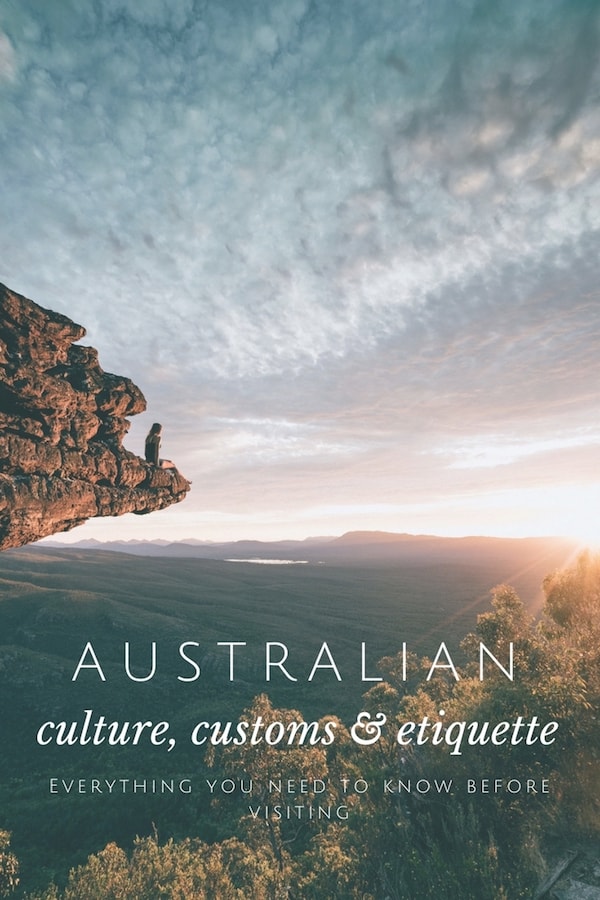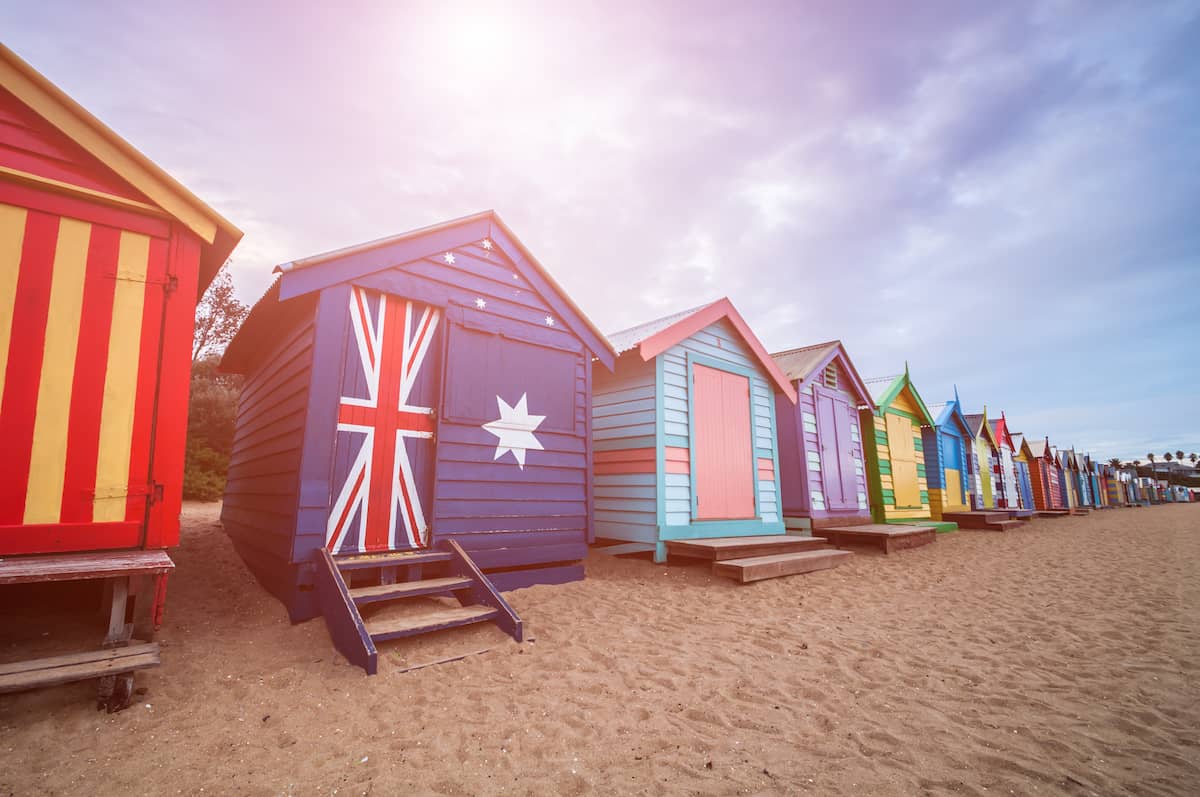Contents
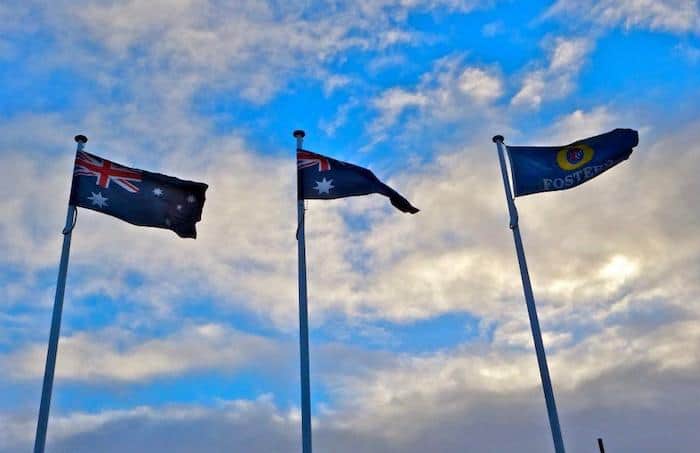
Australia facts
- Capital of Australia: You might’ve guessed Sydney or Melbourne but it’s in fact, Canberra (pronounced “CAN-bruh”)
- Population of Australia: 24.5 million*
- Largest City: Sydney (5.5 million*)
- Size of Australia: 7.5 million square kilometers, 6th largest country in the world
- Australian Currency: Australian Dollar ($AUD). 1.00 AUD = 0.77 USD*
- Official Language of Australia: English
- Government: Federal Parliamentary Democracy
- Prime Minister: Malcolm Turnbull*
- Roads: Australians drive on the LEFT side of the road
*Information updated April 2018
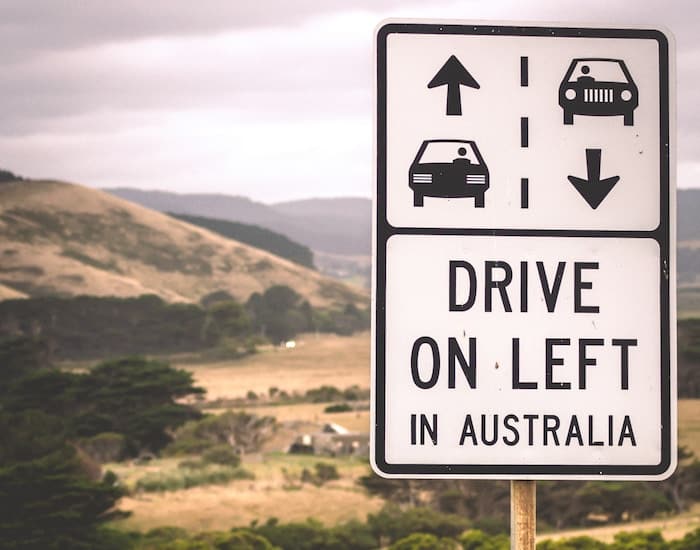
Australia travel tips
Seasons:
- Summer: December – February
- Autumn: March – May
- Winter: June – August
- Spring: September – November
When to go:
- North Coast: April – October
- Mid West Coast: March – May, September – November
- Mid East Coast: March – May, September – November
- South Coast & Tasmania: October – April
- Outback: September – November, April – June
Ready to go? We got you covered! Here’s your ultimate guide to the best budget accommodations in Sydney.
Food to try:
- Vegemite
- Barbecue
- Meat pies and sausage rolls
- Tim Tams
- Kangaroo
- Flat white coffee & piccolo lattes
- Pavlova
- Lamb
- Lamingtons
- Anzac Biscuits
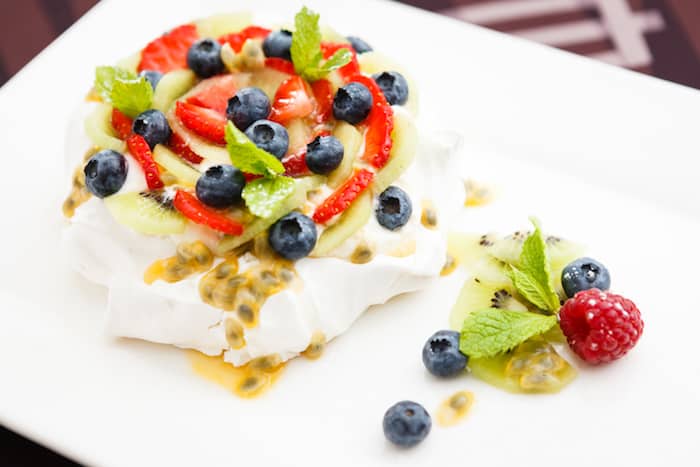
A brief history of Australia
Native Australians, or Aboriginal people, arrived between 40,000 and 60,000 years ago, making them the oldest civilization in the world. Over 500 clans lived in Australia, each with their own unique culture and language. They all had a spiritual connection to their land but traveled often to trade and find resources.
During the 17th and 18th centuries, Europeans sailed to Australia. In 1770, Captain Cook claimed eastern Australia for Britain, naming it New South Wales. Originally a penal colony, more than 160,000 convicts from Britain were deported to Australia until 1868. Free settlers started migrating to Australia around 1790, with a significant increase starting in 1851 due to the gold rush. The colonization of Australia resulted in the killing, incarceration, spreading of disease, and displacement of about 75 percent of Aboriginal people.
The gold rush and boom of the agricultural industry lead to prosperity and growth. The Commonwealth of Australia was officially founded in 1901. What was previously colonies became states and a Federal Parliament was formed. Australia is now one of the most culturally diverse countries in the world, with more than 75 percent of its population identifying with other ancestries.
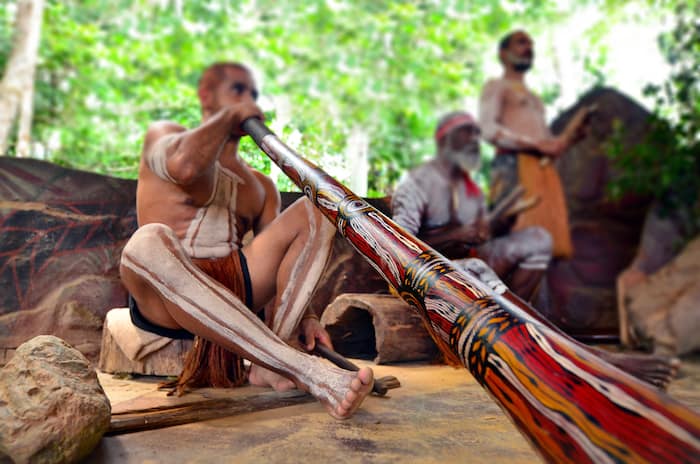
Australian customs & etiquette basics
- Greetings: Shake hands, say hello or introduce yourself. It’s common and perfectly polite to address people by their first names (even your boss or people older than you). People often call each other “mate”.
- Communication: Australians are very casual, direct and humorous when communicating. Honesty is appreciated and arrogance is looked down on.
- Punctuality: Always be on time in business settings. In social settings, it’s okay to be a little bit late (~15 minutes).
- Parties: If you’re invited to an infamous Aussie “barbie” (barbecue), it’s standard to bring drinks. Asking the host if there’s something you should bring will score you extra points.
- Dating: The bill is usually split on a date, men aren’t expected to pay.
- Queues: Always stand in a queue. Pushing your way to the front is considered very rude.
- Personal Space: Giving people an arm’s length of space is ideal. It’s considered rude to brush up against people you don’t know (in a queue, for example).
- Tipping Tour Guides: None
- Tipping Taxi Drivers: Round up
- General Attire: All kinds of clothing are acceptable, revealing clothes included (especially by the beach, unless it’s a business setting, obvi).
- Beach Attire: Most beaches are top optional but most women wear swimming tops while walking around or swimming.
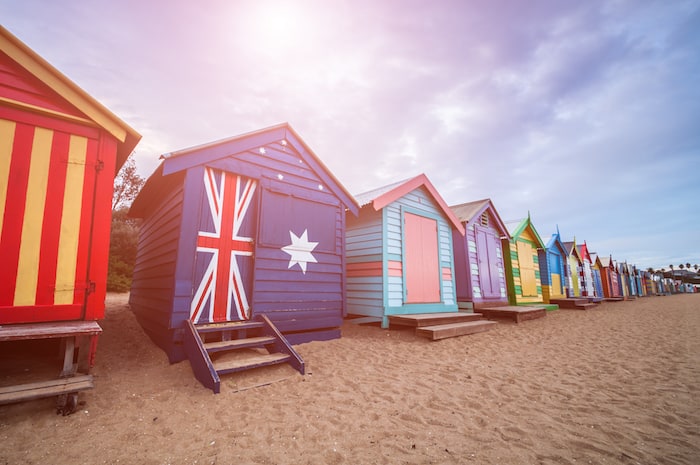
Australian culture & etiquette in restaurants & bars
- Paying at a Restaurant: Usually, you pay when you order or go to the cashier to pay for your meal afterward.
- Tipping in Restaurants: 0-10% (mostly for exceptional service. Unnecessary when “service fee” is included on the bill).
- Tipping Bartenders: Roundup
- Drinking with friends: Australians typically take turns (“shout”) buying rounds of drinks.
- Bring Your Own at Restaurants: Alcohol is as expensive as you’ve heard in Australia. Luckily, many restaurants are “BYO” and you’re welcome to bring a box of goon or whatever your drink of preference is (most only accept wine and a small corkage fee will sometimes be added to your bill).
- Table Manners: Fork in the left hand, knife in the right. When you finish eating, lay your fork and knife together on the right side of your plate.
Heading to Coogee? You might also want to check out the best cafes, cheap eats & restaurants in Coogee beach.
Australian slang & expressions
Here are some basics to get you speaking like an Aussie in no time!
- “Arvo“: Afternoon
- “Breaky“: Breakfast
- “Barrack” for the (sports team): Cheer for/support (fun fact: “Root” is an innuendo for having sex)
- “Bogan“: Australian version of a “redneck”
- “Boot” of the car: Trunk, also used for “vomit”
- “Bottle-O“: Bottle shop, liquor store
- “Bush“: The Outback, countryside
- “Cheers“: Used for literally everything – thanks, hello, you’re welcome, okay, actually “cheering”
- “Derro“: Short for derelict, delinquent, hoodrat
- “Good on ya“: Well done, good for you, good job, right on
- “Goon“: Cheap, box wine (AKA the only cheap alcohol in Australia). After its empty, the inside bag can be blown up and used as a pillow ;).
- “Heaps“: A lot
- “Maccas“: McDonald’s
- “Maggot”: Extremely drunk
- “Mozzie“: Mosquito
- “No worries“: You’re welcome, it’s okay
- “Pissed“: Drunk
- “Skull” (a drink): Chug a drink
- “Servo“: Petrol/Gas station
- “She’ll be right“: Can be used in any situation (not just about a female), meaning “it will be okay”/”it’s fine”
- “Shout“: To pay for a round of drinks
- “Sickie“: Sick day, taking a day off of work
- “Sweet as“: Awesome. Aussies and Kiwis often put “as” at the end of an adjective to emphasize it: “hot as”, “fast as”, etc
- “Thongs“: Flip flops
- “Yeah nah”/”Nah yeah”: Take the last word as the meaning (eg: “Yeah nah” means no)
Interesting Australian facts
- Around 85% of the population live within 50 kilometers of the coast.
- Australia was the second self-governing country to allow women the right to vote (1902), after New Zealand (1893).
- Voting in Australian elections is compulsory for those that are 18 years of age and older.
- There are three times as many sheep than people in Australia.
- 21/25 of the world’s most venomous snakes live in Australia.
- Australia is home to the Great Barrier Reef, the largest living organism on earth.
- There are many animals that are unique to Australia, including koalas, dingos, kangaroos, platypus, emu, wombat, wallaby and the quokka.
- There are 10,685 beaches in Australia. It would take over 29 years to see all of them if you were to visit one a day.
- The poop of wombats is shaped like cubes.
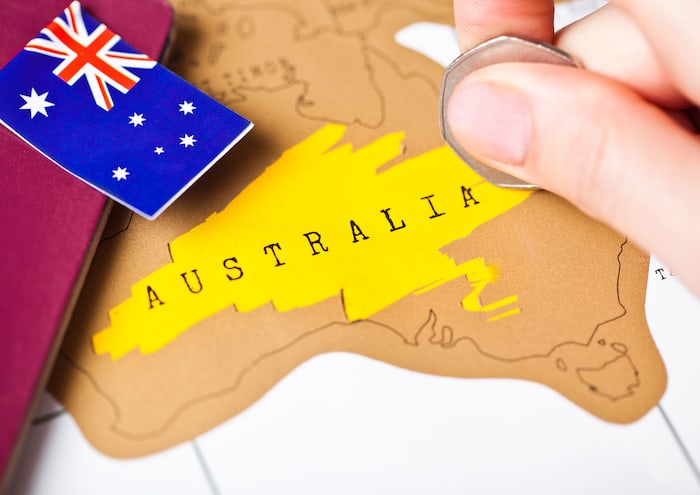
More about Australian culture, customs & etiquette
Planning on taking a trip to Australia? Check out these guides to help you prep for your trip. Next step: practice the accent 😉
- A Guide to Australian Etiquette from Insider Guides
- Guide to Australia – Etiquette, Customs, Culture & Business from Kwintessential
- People, Culture, Traditions and Customs in Australia from International Education Specialist
- Facts About Australia from Experience Oz
PIN NOW, READ LATER:
